Satsang
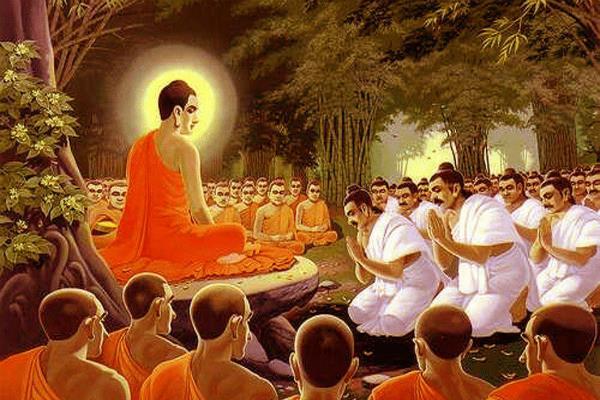
Satsang is the company of a good person. ' Sat ' stands for godliness, ' sang ' for company. Sat sang means the company of Sat (Truth). Though sitting at the feet of an 'enlightened person' is a great satsang. The best satsang is abiding in the Atman, which is Sat-chit-ananda.
Company of the sants (saints, which word came from sant) ennobles, educates (in a higher sense) and 'purifies' us. Purifies means removing from our mind greed, lust, pride, jealousy, vanity and delusion. We generally see these defects in other people. But in satsang, we start seeing them in ourselves, because satsang basically is for oneself, to correct oneself.
The company of the highest knowledge and Truth; the company of a Guru; contact with a person or an assembly of persons who listen to, talk about and assimilate the Truth. This highest company also takes the form of hearing or reading the words of highest awareness, reflecting on, discussing and assimilating their meaning, meditating on the source of these words, and bringing this awareness into one's daily life.
From satsang comes non-attachment; from non-attachment comes freedom from delusion, which leads to self-settledness. From self-settledness comes Jeevan Mukti.
You see, people approach God to seek this or that, and even when visiting a friend or a Guru, then think of 'what good it will do to me ?' It is indeed rare to find someone who is in search of Brahman alone. As Shankara says 'pare brahmani ko.api na sanktah' 'There is hardly anyone who wants to experience Brahman alone.' Even some monks say 'I want to read this, know this better than someone. I want to memorize sandhi rules, and memorize Bhagavad Gita. etc.' Noble motives, but still falls short of only one true motive - Look for the Self, and that alone. The rest are mere details.
In satsang, the prevailing atmosphere is one of nobility, understanding, generosity and love. All noble qualities are to the fore, suppressing the baser instincts and feelings. All satsangi is (people who attend satsangs) seem to like each other and ever willing to help each other.
Who can be a Satsangi?
A satsangi maybe your mother, sister, friend, confidant, or loved one. The necessary requirement is that the meeting should be uplifting!
Why is the purification of the mind necessary? Same reason why we clean our reading glasses; with dust, oil stain and paint marks on spectacles, We won't be able to read anything, and if we insist on reading through them, you would say that I was crazy; but that's what's the whole world's problem. We just won't wipe our specs clean and see clearly. So too, the mind full of desires (paint marks) and other enemies (stains and dust), is unable to know what is good for it. Tragically, it does not even know that its specs are full of dust & dirty.
In satsang, you can read the holy scripture of your choice (Gita, Upanishad, Bhagavatam, Ramayana etc.), read commentaries and either discuss or someone knowledgeable explains the meaning and its relevance in today's world. Invariably the practical day to day living guidance is given.
'Dharma' is popularly translated as 'duty' or 'religion'. However, the word enfolds a lot more. My Dharma as a wife may not coincide with my Dharma as a mother, or sister or an individual.What I am trying to say is, while fulfilling my duty as a friend, I may be displeasing my relatives, or social obligations or myself... the list may be endless. Also my dharma in every relationship, may be different to yours, because circumstances differ. Again my dharma as householder differs from that of a renunciate.
Which is the right mode of conduct, then?
The choices and decisions are difficult. This confusion is called a ' Dharam sankat ' This conflict sends people scurrying to psychiatrists. In India, we go to our Guru's doorstep or to satsang.
Goswami Tulsidas has written in 'Ram Charit Maanas':
Bin satsang, vivek na hoye
Ram kripa bin sulabh na soye
Translation: It states that without satsangsang, 'Vivek' does not come. Again 'Vivek' people popularly translate as conscience. In actual fact, Vivek means the power to discriminate, within the framework of the right mode of conduct given a certain situation. The second line says that without the Grace of Shri Ram it is very difficult to obtain.Both satsang and its offspring 'vivek' So , if one does not do satsang or go to satsang, one does not obtain Vivek. Without Vivek, it sure is tough to live in this jungle we call life.


-in-Astrology.jpg)
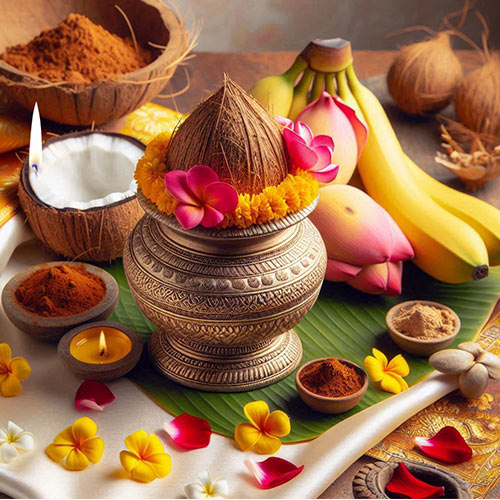
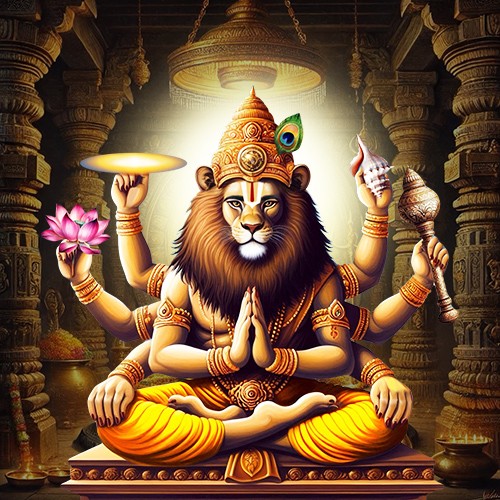
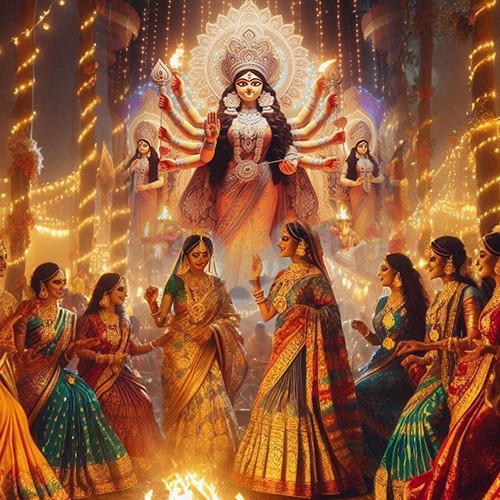
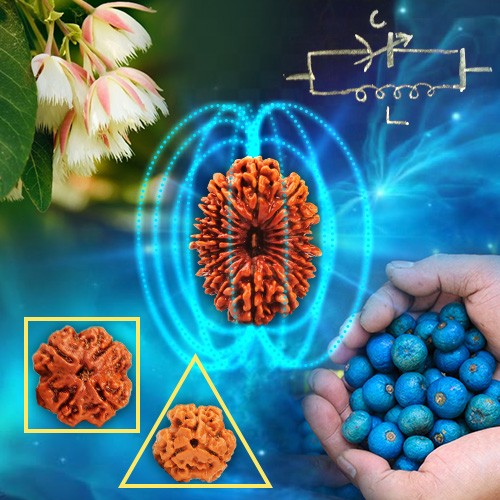

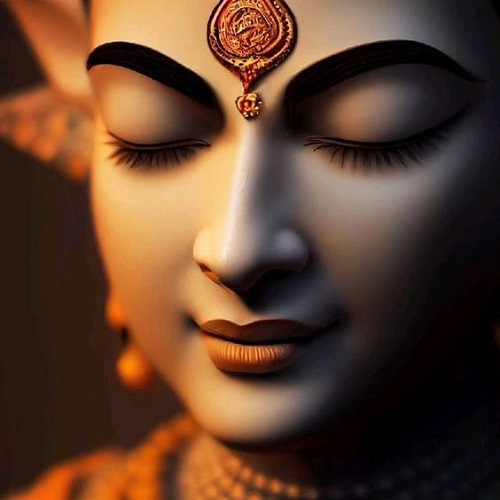
.jpg)
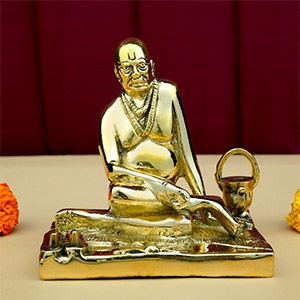


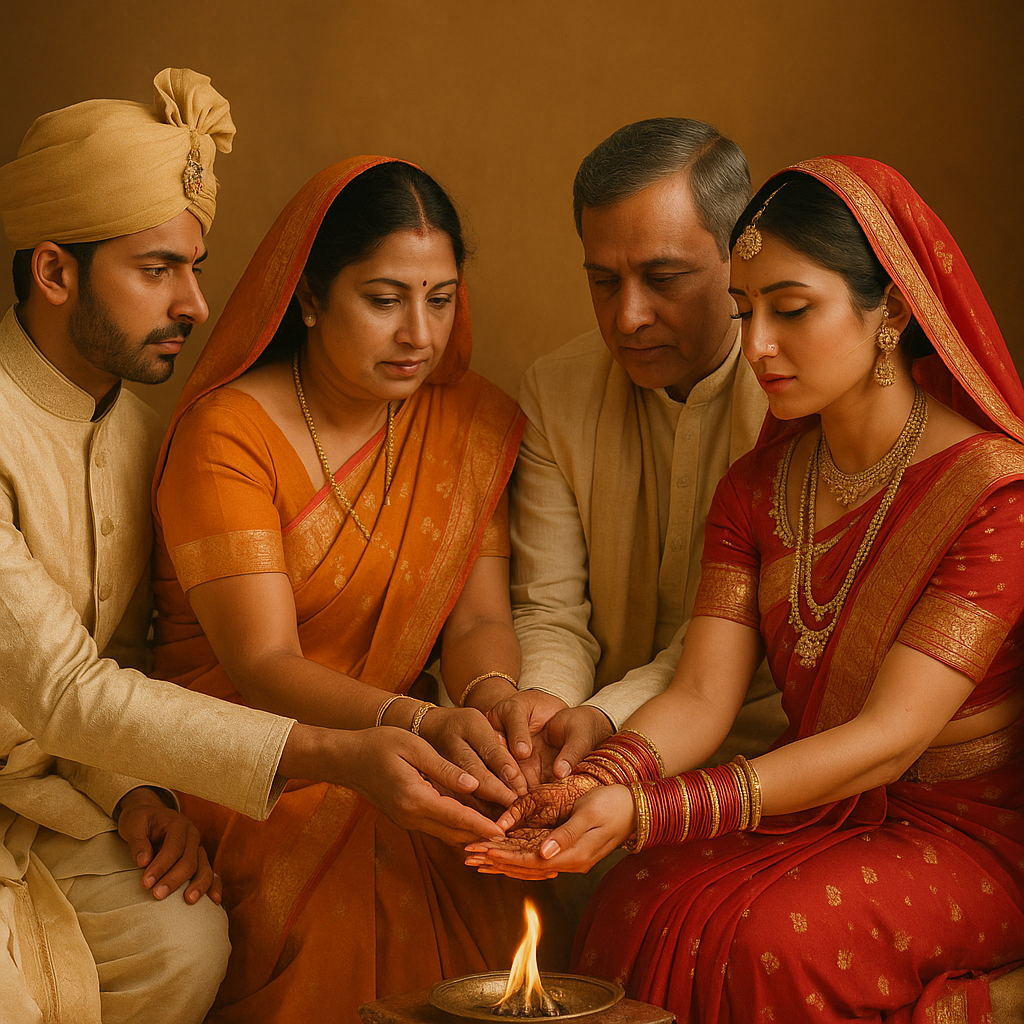
Comments 0
Leave your thought here